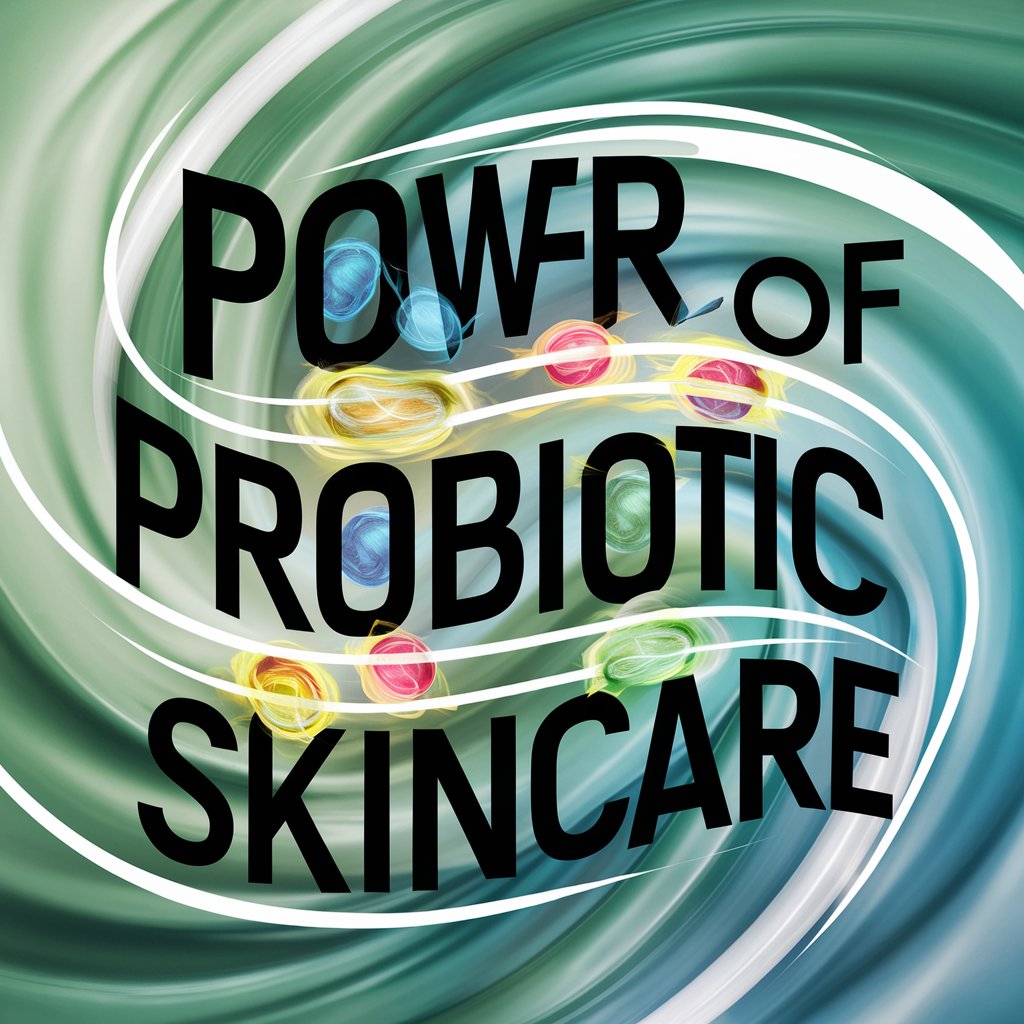In recent years, the skincare industry has seen a surge in interest and innovation, particularly in probiotic skincare. This trend, driven by the growing understanding of the skin microbiome, promises a range of benefits for various skin types and concerns.
In the following article, we will discuss probiotic skincare, its benefits, and the reasons why you should consider incorporating it into your existing routine.
What is Probiotic Skincare?
Probiotic skincare involves using products formulated with beneficial live bacteria or lysates (bacterial fragments) to support and enhance the skin’s natural microbiome. The skin microbiome is a diverse ecosystem of microorganisms that reside on the skin’s surface and play a crucial role in maintaining skin health and function. A balanced microbiome can help keep the skin clear, hydrated, and resilient against environmental stressors.
Benefits of Probiotic Skincare
1. Strengthens Skin Barrier
One of the primary benefits of probiotic skincare is its ability to strengthen the skin’s barrier. A healthy skin barrier is essential for keeping moisture and harmful pollutants and pathogens out.
Probiotics help maintain a balanced microbiome, supporting the skin’s barrier function. This can reduce the likelihood of dryness, irritation, and sensitivity, making the skin more resilient and better equipped to handle external aggressors.
2. Reduces Inflammation
Probiotics have anti-inflammatory properties that can help calm and soothe the skin. This makes probiotic skincare particularly beneficial for individuals with inflammatory skin conditions such as acne, rosacea, and eczema.
By reducing inflammation, probiotics can help alleviate redness, swelling, and discomfort associated with these conditions. This not only improves the appearance of the skin but also its overall health.
3. Balances the Skin
A balanced microbiome is vital to healthy skin. Probiotic skincare helps maintain this balance by promoting beneficial bacteria growth while inhibiting harmful bacteria growth.
This balance is crucial for managing oily and acne-prone skin and preventing breakouts and other skin issues. Probiotics can help ensure the skin remains clear and balanced by keeping the microbiome in check.
4. Enhances Skin’s Natural Defense Mechanisms
Probiotics can enhance the skin’s natural defence against environmental aggressors, such as pollution and UV radiation. By supporting the microbiome, probiotics help the skin better defend itself against these external stressors, reducing the risk of damage and premature aging. This protective effect can lead to healthier, more resilient skin that ages gracefully.
5. Improves Hydration
Probiotic skincare products often contain ingredients that boost hydration. A well-hydrated skin barrier is more resilient and less prone to dryness and flakiness.
Probiotics can help the skin retain moisture more effectively, creating a plumper, youthful appearance. This increased hydration can also enhance the skin’s texture and tone, giving it a smoother, more radiant look.
6. Supports Skin Healing
Probiotics can accelerate the skin’s healing processes, making them beneficial for dealing with wounds, scars, or other skin damage. By promoting a healthy microbiome, probiotics support the skin’s ability to repair and regenerate itself. This can lead to faster healing times and improved outcomes for various skin concerns, including post-acne marks and minor injuries.
How to Incorporate Probiotic Skincare into Your Routine
If you want to reap the benefits of probiotic sunscreen, you must incorporate products that contain high-quality probiotic ingredients into your skincare routine. Look for cleansers, serums, moisturisers, and masks that explicitly mention probiotics or bacterial lysates on their ingredient list. Additionally, consistency is key—regular use of probiotic skincare products will yield the best results.
Tips for Choosing Probiotic Skincare Products:
- Research Brands: Choose reputable brands known for their commitment to quality and efficacy.
- Check Ingredients: Look for products with live bacteria or lysates and avoid those with harsh preservatives that might negate the benefits of probiotics.
- Patch Test: As with any new skincare product, perform a patch test to ensure compatibility with your skin.
Sample Routine
- Cleanser: Start with a gentle probiotic cleanser to remove impurities without stripping the skin of its natural oils.
- Serum: Apply a probiotic serum that targets specific skin concerns, such as redness or breakouts.
- Moisturiser: Use a probiotic moisturiser to lock in hydration and support the skin barrier.
- Mask: For an extra boost of beneficial bacteria, incorporate a probiotic mask into your routine once or twice a week.
Conclusion
Probiotic skincare offers many benefits, from strengthening the skin barrier to reducing inflammation and enhancing overall skin health. By incorporating probiotics into your skincare routine, you can support your skin’s natural microbiome, leading to healthier, more balanced skin. Whether you’re dealing with specific skin concerns or simply looking to boost your skincare regimen, probiotic products are a promising addition that can make a noticeable difference.
By understanding and leveraging the power of probiotics, you can achieve a more radiant, resilient complexion that looks and feels its best. Embrace the trend of probiotic skincare and discover the transformative benefits for yourself.






